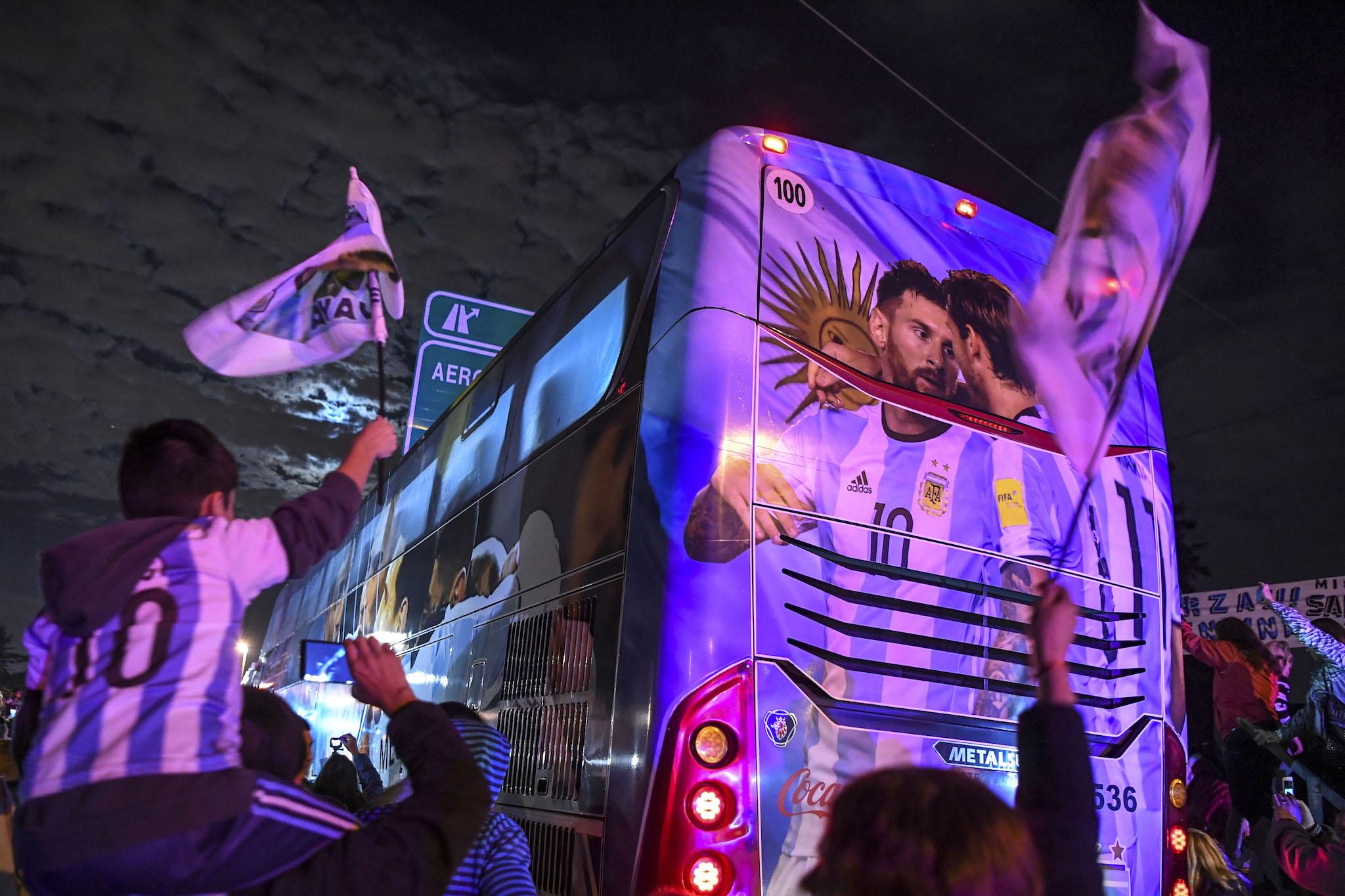World Cup 2018: Only select fans to get best quality 4K live streams, BBC announces
Ultra HD streams will be given out on a first-come, first-served basis

Your support helps us to tell the story
From reproductive rights to climate change to Big Tech, The Independent is on the ground when the story is developing. Whether it's investigating the financials of Elon Musk's pro-Trump PAC or producing our latest documentary, 'The A Word', which shines a light on the American women fighting for reproductive rights, we know how important it is to parse out the facts from the messaging.
At such a critical moment in US history, we need reporters on the ground. Your donation allows us to keep sending journalists to speak to both sides of the story.
The Independent is trusted by Americans across the entire political spectrum. And unlike many other quality news outlets, we choose not to lock Americans out of our reporting and analysis with paywalls. We believe quality journalism should be available to everyone, paid for by those who can afford it.
Your support makes all the difference.Only a select few will be allowed to watch the World Cup at the best quality, the BBC has announced.
The competition will be broadcast in 4K and high dynamic range on iPlayer, in a first for a major sporting event. But most people won’t actually be able to take advantage of the service.
The high quality streams will be limited to a small number of people. They will be allocated on a first-come, first-served basis, and only to people with the right TVs.
“We are pleased to announce a new cutting-edge trial which will see all 29 of BBC One’s World Cup matches available in Ultra HD and High Dynamic Range (HDR) on BBC iPlayer – but fans should grab their seats early as there is a limited number of spaces available (tens of thousands) for each game,” the BBC’s website reads.
As well as the fact that the number will be kept to a minimum by only allowing a limited number of streams, a range of popular video players are not being given access to the high quality video. A full list of compatible devices can be found on the BBC’s website.
The move will ensure that the bandwidth used by the ultra high definition streams – which are viewed over the internet – will be limited. 4K streams use up considerably more data than high definition ones, making them more intensive for the BBC and other broadcasters to support.
The BBC’s Ultra HD offering is still being tested out – having so far been rolled out on lower profile broadcasts – and so restricting the data needed by limiting the number of people able to watch them will ensure that the streams can run properly.
“The combination of the BBC and the World Cup can drive massive audiences, and right now there is limited bandwidth available to deliver live Ultra HD content to such large audiences over the open internet,” a BBC spokesperson said. “We’re making our Ultra HD trial available to as many people as possible within those limitations, while testing our systems on the largest scale yet.
“The experience and data we gather from performing these trials will help us to optimise and scale up UHD delivery in the future.”
For the same reason, the BBC recommends that anyone using the 4K streams make sure that their TVs or set-top boxes are plugged into the internet rather than connected over WiFi.
The World Cup will also be broadcast over a special VR app, which will allow people to watch the game inside a virtual room on a huge, virtual television, the BBC announced.
“The BBC has brought major live broadcasting breakthroughs to UK audiences throughout the history of the World Cup,” said Matthew Postgate, BBC chief technology and product officer.
“From the very first tournament on TV in 1954 and England’s finest hour in 1966, to the first colour World Cup in 1970 and full HD in 2006. Now, with these trials we’re giving audiences yet another taste of the future.”
In the UK, the rights to broadcast games are split between ITV and the BBC and the final is shown on both channels. All 33 of the BBC’s matches will be part of the 4K and VR trials.
Join our commenting forum
Join thought-provoking conversations, follow other Independent readers and see their replies
Comments